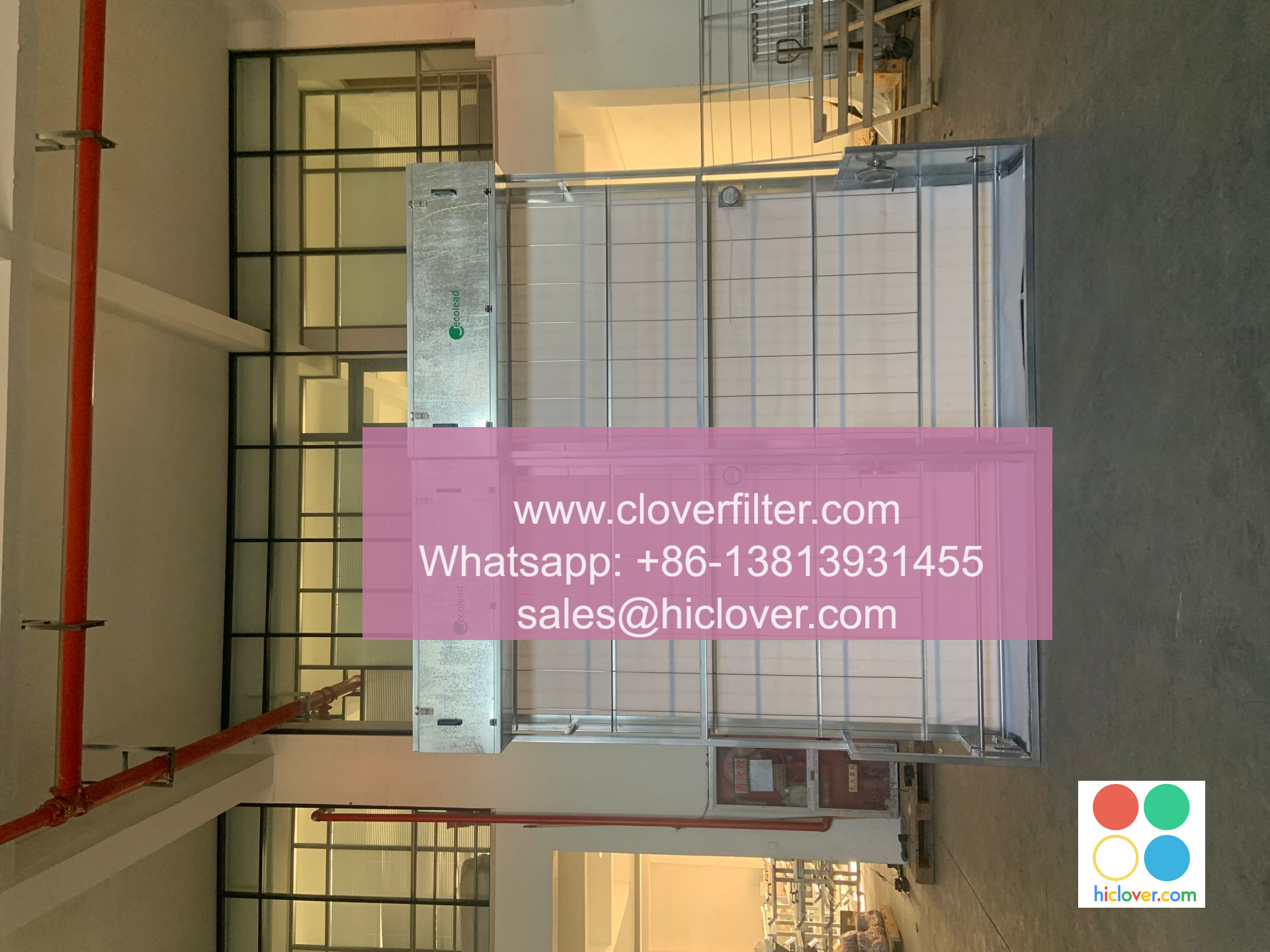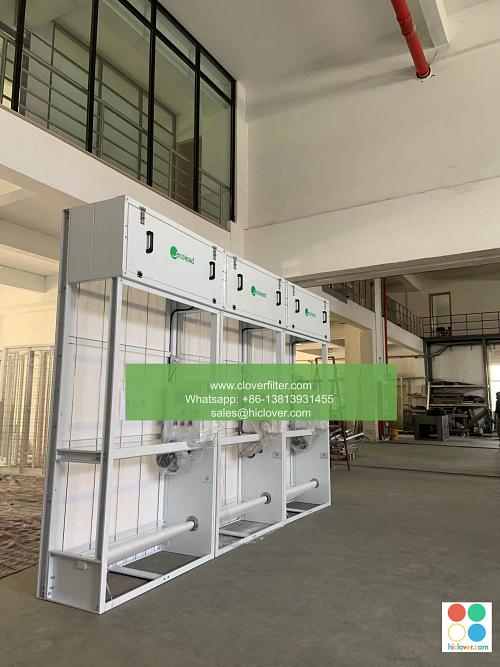Air Filter Software for Energy Efficiency and Cost Savings

Air filter software is a cutting-edge technology designed to optimize the performance of air filtration systems, resulting in significant energy efficiency and cost savings. By leveraging advanced algorithms and real-time data analysis, this software helps facility managers, building owners, and industrial operators to reduce their energy consumption, minimize maintenance costs, and improve indoor air quality.
Key Features and Benefits
The air filter software offers a range of features that enable users to monitor, control, and optimize their air filtration systems. Some of the key benefits include:
– Energy Efficiency: The software helps to reduce energy consumption by optimizing filter performance, detecting potential issues, and providing real-time feedback on system operation.
– Cost Savings: By minimizing energy waste, reducing maintenance costs, and extending filter life, the software helps users to save money on their energy bills and maintenance expenses.
– Improved Indoor Air Quality: The software ensures that air filtration systems are operating at peak performance, providing cleaner air and a healthier environment for occupants.
Application Areas
The air filter software has a wide range of applications across various industries, including:
– Commercial Buildings: Office buildings, shopping centers, and hotels can benefit from the software’s energy-efficient and cost-saving features.
– Industrial Facilities: Manufacturing plants, warehouses, and distribution centers can use the software to optimize their air filtration systems and reduce energy consumption.
– Healthcare Facilities: Hospitals, clinics, and laboratories require high-quality air filtration systems to maintain a healthy environment, and the software can help them achieve this while reducing energy costs.
– Data Centers: Data centers and server rooms require precise temperature and humidity control, and the software can help them optimize their air filtration systems to reduce energy consumption and prevent equipment damage.
Advanced Technologies and Integrations
The air filter software often incorporates advanced technologies such as:
– IoT Sensors: Internet of Things (IoT) sensors provide real-time data on temperature, humidity, and air quality, enabling the software to make data-driven decisions.
– AI and Machine Learning: Artificial intelligence (AI) and machine learning (ML) algorithms help the software to analyze data, detect patterns, and predict potential issues.
– Building Management Systems (BMS): The software can integrate with BMS systems to provide a comprehensive view of building operations and optimize energy efficiency.
Real-World Examples and Case Studies
Several organizations have successfully implemented air filter software to achieve significant energy efficiency and cost savings. For example:
– A commercial building in New York City used the software to reduce its energy consumption by 25% and save $100,000 in annual energy costs.
– A manufacturing plant in California implemented the software to optimize its air filtration systems and reduce maintenance costs by 30%.
Conclusion
Air filter software is a powerful tool for optimizing energy efficiency and cost savings in various industries. By leveraging advanced technologies and real-time data analysis, this software helps users to reduce their energy consumption, minimize maintenance costs, and improve indoor air quality. As the demand for energy-efficient solutions continues to grow, air filter software is likely to play an increasingly important role in helping organizations achieve their sustainability goals. You haven’t provided a prompt or question for me to respond to. Please provide more context or information so I can assist you.

